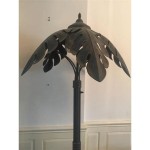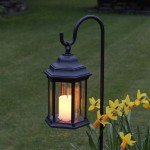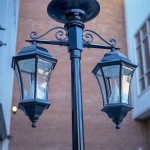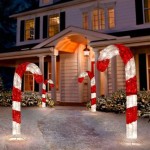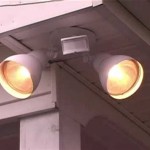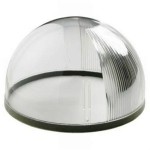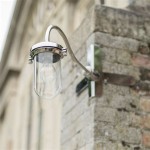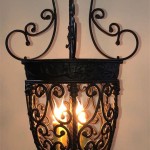Essential Aspects of Outdoor LED Strip Light Installation
Choosing the Right LED Strip Lights
When selecting outdoor LED strip lights, consider the following factors:- Waterproof Rating: Look for LED strips with an IP rating (Ingress Protection) of IP65 or higher to withstand rain and moisture.
- Brightness: Measure brightness in lumens per meter (lm/m). Higher lumens indicate brighter strips.
- Color Temperature: Choose the desired color temperature (warm white, cool white, or RGB).
Planning the Installation
Before installation, plan the layout carefully:- Power Source: Determine the location of the power source and the required length of the strips.
- Mounting Surface: Choose the mounting surface (brick, wood, metal, etc.) and ensure it is clean and dry.
- Strip Placement: Plan the placement of the strips to achieve the desired lighting effect.
Preparing the Mounting Surface
Prepare the mounting surface to ensure proper adhesion:- Clean the Surface: Remove dirt, dust, and debris using a damp cloth.
- Sand Rough Surfaces: Lightly sand rough or uneven surfaces to improve adhesion.
- Prime Metal Surfaces: Apply a metal primer to protect against oxidation and enhance adhesion.
Mounting the LED Strip Lights
Mount the LED strips securely:- Use Adhesive Backing: Most LED strips have self-adhesive backing. Peel off the protective layer and press the strip firmly onto the surface.
- Use Mounting Clips: For added stability, use mounting clips to secure the strips in place.
- Avoid Overtightening: Tighten screws or clips firmly but avoid overtightening to prevent damage.
Connecting the Power Source
Connect the LED strips to the power source properly:- Use a Power Supply: LED strips require a power supply that converts AC power to DC power.
- Connect Wires: Connect the wires from the LED strip to the power supply using connectors or solder.
- Insulate Connections: Use heat shrink or electrical tape to insulate exposed connections from moisture.
Testing and Troubleshooting
Test the LED strips to ensure they are working correctly:- Turn on the Power: Connect the power supply to a power outlet and switch it on.
- Check for Brightness: Observe the brightness and color of the LED strips.
- Troubleshooting: If any issues arise, check connections, voltage, and other components.
Maintenance and Care
Regular maintenance ensures optimal performance:- Clean the Strips: Periodically wipe the LED strips with a damp cloth to remove dust and debris.
- Check Connections: Inspect connections regularly for any signs of corrosion or damage.
- Replace Failed LEDs: If individual LEDs fail, replace the entire strip or affected section.

120v Led Light Strips Long Run For Indoors And Out Ledsupply Blog

The Complete Guide To Outdoor Led Strip Lights Lighting Access

How To Choose And Install Led Garden Lights

Color Changing Waterproof Strip Lights For Outdoor Landscape Lighting

Outdoor And Patio Led Strip Light Examples Weather Resistant Leds

The Complete Guide To Outdoor Led Strip Lights Lighting Access

120v Led Light Strips Long Run For Indoors And Out Ledsupply Blog

Designing And Installing Led Strip Tape

Step By Guide Installing Outdoor Lighting Around Your Home Govee

Flexible Outdoor Led Strip Waterproof Ip67 Flex Neon Light China Made In Com
